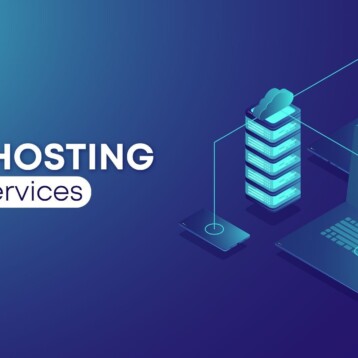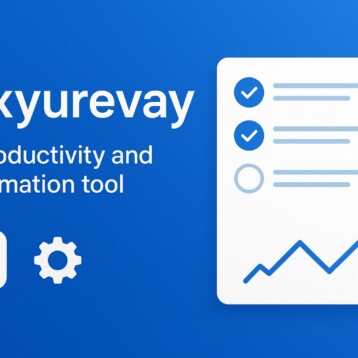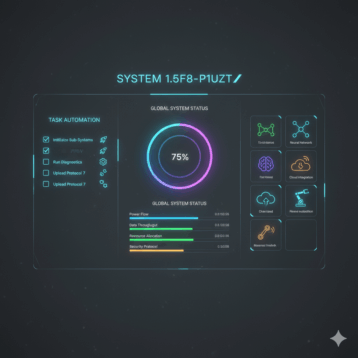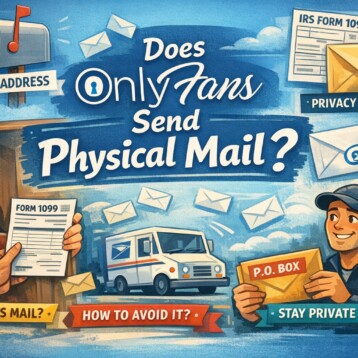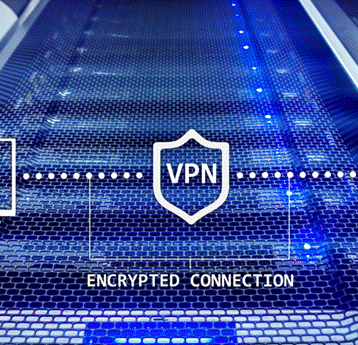
It’s not a new idea that the easier it is to put information out there, the more difficult it will be for dictatorships to spring up. It seems intuitive. When everyone can have their say, governments can no longer simply lie to their people. Every time President Trump gives a speech, for example, there are fact checkers verifying or refuting his claims as he speaks.
The idea works in theory. But in practice, the information age has come with a corollary. Governments, corporations, and your neighborhood hacker can monitor everything you listen to, read, and say. The recent Facebook scandal is proof of that.
Not only can they monitor what you see, but they can use it to manipulate you as well. Totalitarian governments are not brought down because of fact checkers online. They simply block their citizens from viewing any content that criticizes their regime.
Freedom of speech, in particular, is caught between these two extremes. On the one hand, you can say whatever you want for anyone in the world to see. On the other hand, everything you say can be used against you.
We see this on a daily basis. Trolls from both sides of the political spectrum attack not only people on the other side but people on their own side who “misspeak.” A mistake can cost you not only a little bit of dignity, but your career, your safety, and reputation as a whole.
In some countries, it can cost you your freedom.
But there are ways to protect your freedom of speech without putting yourself in danger. How vulnerable you are will depend on where you live and what you do, but there are measures we can all put in place.
Use a VPN
Virtual private networks (VPNs) are software that hides your location and encrypts your data. They’re used for everything from streaming geo-restricted content to keeping your personal information safe to protecting people from totalitarian governments.
For example, someone in China cannot access YouTube videos. The website was blocked for allowing content that might compromise the government. Using a VPN for YouTube, you can access that content and even post your own (although hiding your identity would be wise). A VPN makes it possible to say what you believe without being arrested.
Even in a country where censorship is not enforced, you might want to keep your data safe. Certain content, even if legal, can be humiliating and there are those who could use it as blackmail. A VPN ensures what you do on the internet stays with you.
Don’t mix work and play
Another important step to keeping your freedom of speech safe is by drawing a clear line between work and your domestic life. If you have access to a business social media account, don’t use it on the same device you use to post snarky tweets. People have lost their jobs because they forgot to log out of a work account and embarrassed their employers.
It’s a good idea to keep work out of your online life in general if possible. Rather keep your Facebook account private and don’t friend your boss or colleagues. If you don’t do this, you’re going to have to watch every word you type.
It’s easier than ever to have your say, but there’s a much higher chance of it being used against you. If you want to become a political activist, you’re going to have to risk a lot. But if you just want to maintain your freedom of speech without it costing you your job, take the above tips into account.

